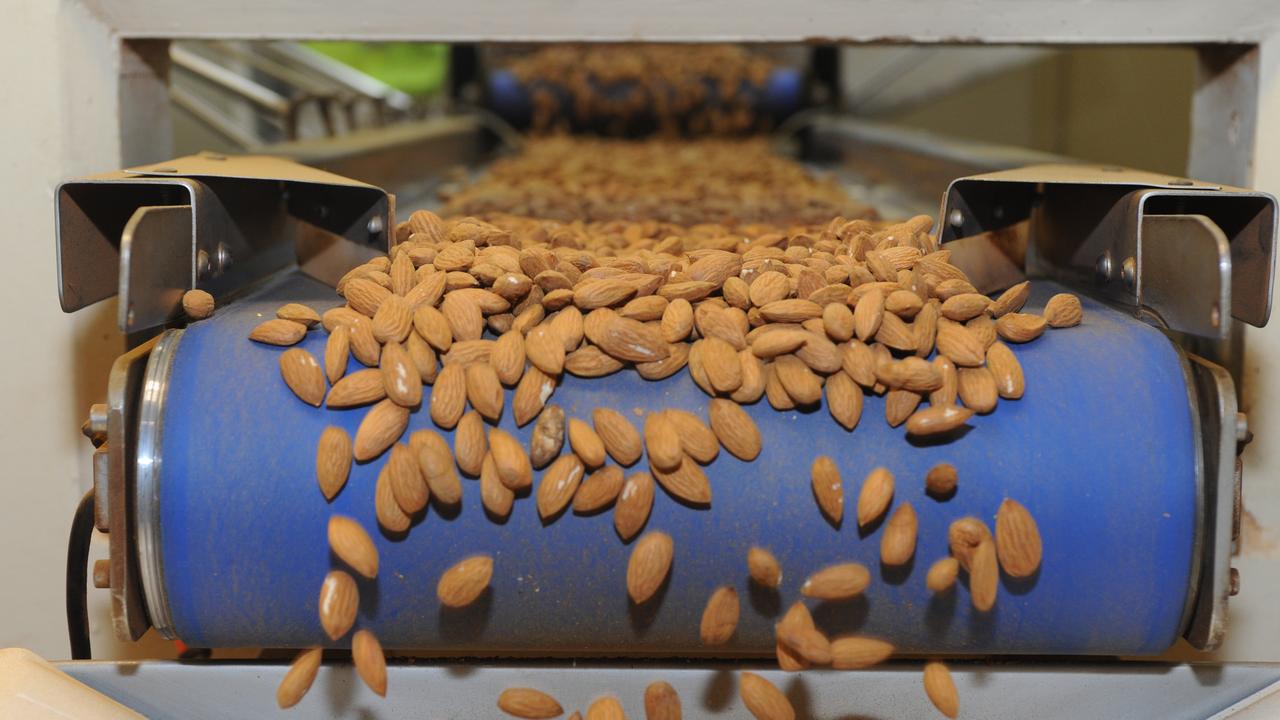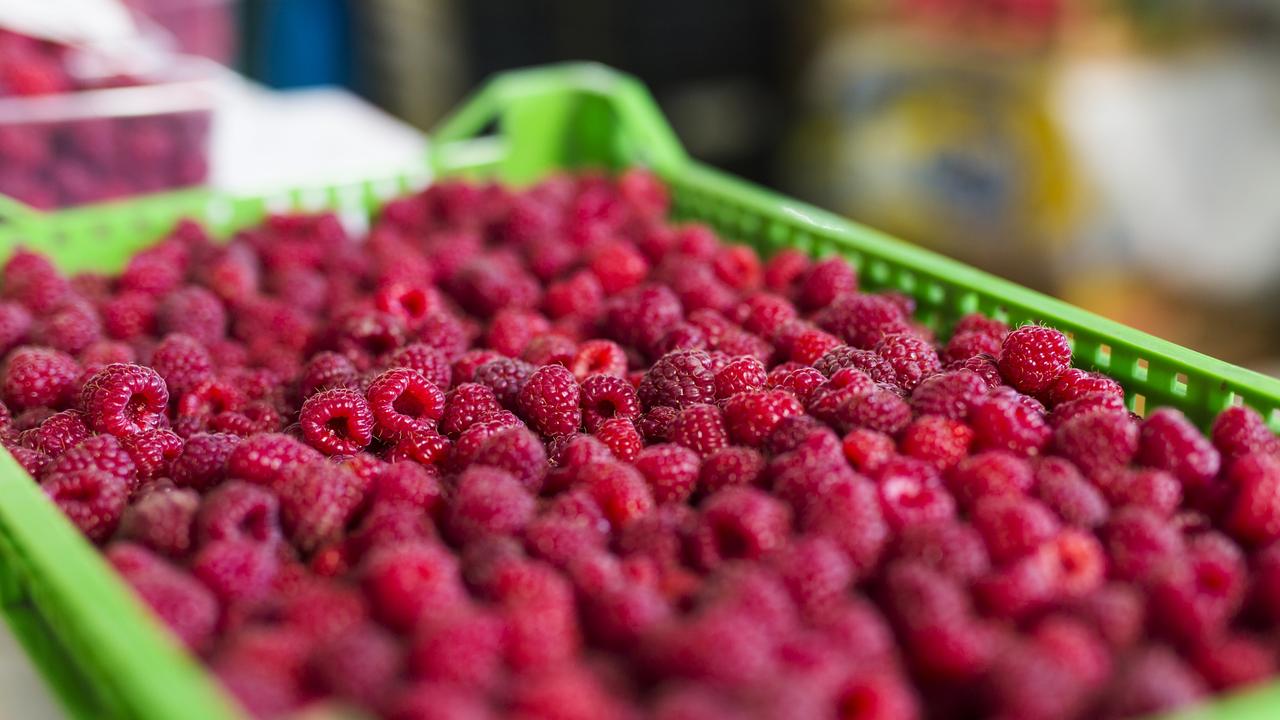Imported roses “devitalised" in glyphosate then sold in supermarkets
Glyphosate is used to prevent imported roses, carnations and chrysanthemums from being grafted onto local varieties, which could spread exotic diseases. But what’s the risk?

MILLIONS of imported roses are being dipped in glyphosate herbicide before being air freighted to Australia and sent straight to supermarkets.
Glyphosate, which was first sold under the brand name Roundup, has been the subject of vigorous debate and legal action over claims it could cause cancer.
But under Federal Government quarantine protocols any imported cut flower that can be propagated must first be “devitalised” before being flown to Australia by immersing the length of its stem for at least 20 minutes in a glyphosate solution.
Earlier this year Phillip Island flower grower Michael van der Zwet contacted Bayer asking “after dipping the flowers what is the expected time frame we could expect before safely handing the flowers and resale in the floristry trade?”.
In his May 18 reply Bayer Crop science Technical Advisory Manager Greg Skinner stated “Roundup does not have a registered use pattern as described, therefore, the product should not be used in this manner.
“This would be contravening the label, which is a legal document.”
However, while Bayer was referring to Roundup’s use in Australia, it remains unclear what rules apply to flowers that are grown overseas, before being shipped to Sydney, Melbourne and other airports.
Federal Department of Agriculture documents on glyphosate dipping state it is used to devitalise imported rose, chrysanthemum and carnation flower stems so they cannot be grafted on to local root stock, where they could transmit exotic viral and other diseases.
But Tasmanian rose grower Andrew Lee said there was ample evidence grafts from imported “devitalised” roses could still take to local root stock, which was evidence the process was failing or not being done.
Mr Lee is one of many local growers who wants consumers to be aware of the process as they push for country-of-origin labelling.
In a recent submission to the Federal Government, through their peak body Flower Industry Australia, local growers called for mandatory ‘country of origin’ labelling requirement for all cut flowers and foliage.
“This would provide transparency within the Australian cut flower industry and support Australian florists and consumers to make more informed purchasing decisions,” the FIA stated in its submission to the draft pest risk analysis for cut flower & foliage imports (part 2).
MORE
EXOTIC PESTS ENTERING AUSTRALIA ON FLOWERS


